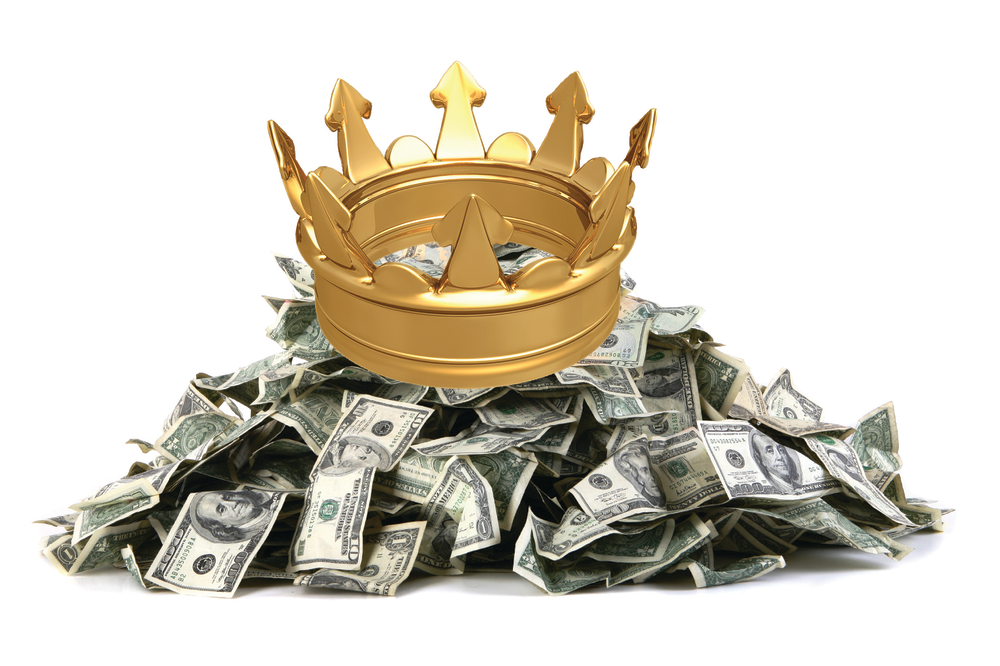The current state of the UK’s market is not the best. Quite the opposite. With high inflation, interest rates up by 2% or more, high house prices and rents and unemployment at the very lows, it is the perfect mix of disaster.
Possible scenarios to unfold
Numerous economic events may occur in an economy with high inflation, low unemployment, high housing costs, and high interest rates. The precise result depends on several factors, including the general economic climate, governmental policies, and outside influences. Stagflation, asset bubbles, wealth redistribution, demand-pull inflation, wage-price spiral, and policy responses are a few examples of potential outcomes.
Slow growth, high unemployment, and high inflation are the three conditions that lead to stagflation. This may occur if a central bank raises interest rates in an effort to curb inflation. This might result in lower consumer spending and investment, which would slow the economy. Asset bubbles develop when high home prices drive an unsustainable increase in asset values. If the bubble collapses, it may trigger financial instability and perhaps a recession. If most of the borrowers are low-income families, high interest rates might aggravate income inequality by causing wealth transfer. Demand-pull inflation, which occurs when rising demand for goods and services exceeds the economy’s capacity to meet them, can result from low unemployment and high inflation. This intensifies inflation.
Wage-price spiral occurs when employees demand more pay to deal with rising costs, which forces firms to hike prices further to meet increased labour costs, which drives inflation further higher. Governments and central banks may adopt measures to solve these economic problems, such as raising interest rates or employing fiscal measures to stimulate the economy. How effective they are depends on various factors, including the current economic climate.
Assets or cash?
The money we have doesn’t purchase as much as it used to when the cost of necessities rises. Over time, having only cash might cause you to become less valuable. Owning items that can hold their value or rise in value despite price increases is preferable.
When costs are high, people frequently make specific decisions to protect their money. One choice is to purchase government-issued special bonds that guard against rising costs. A different choice is to purchase real estate, such as homes or buildings, as its worth and the rent they may be rented for often rise with prices.
Being a shareholder in a business can also provide you with protection because prices are frequently raised by businesses to increase profits. However, it’s crucial to invest in a variety of businesses because not all of them perform well when prices are high and the stock market is erratic. Some people also purchase valuable commodities like gold, silver, or other metals, which can maintain their value or increase in value during periods of high prices. Another choice is to use money from a cheaper country, although this comes with additional dangers, such as fluctuations in currency value or issues in the destination nation.
Post-inflation
In order to reduce inflation and stabilise the economy after significant inflation, central banks frequently adopt stricter monetary policies, such as increasing interest rates. As a result, the economy may expand more slowly, which might trigger a recession or a period of economic stagnation.
Duration of the inflation before recession
Large price increases can go on for a long period before a country’s economy dives into recession, but how long it takes depends on many factors, such as how big the price increase is, what the governments and banks that control money flow do, and the economy’s overall outlook. In general, there is not one rule that fits all situations. For example, the United States had a time of big price increase called “stagflation” in the 1970s and early 1980s, with slow growth, high price increase, and many people without jobs. Before the Bank of America increase the cost of borrowing, which decreased the prices but also made the economy nose dive in the early 1980s, this period lasted for almost ten years. Other times, those periods do not last long and might not make the economy go into a recession or stagflation if the policy makers act quickly. So, the periods of high inflation and high price increases last and how they are connected to a recession depend on special things about the economy, how well and how fast the government acts, and how strong the economy is itself. It also depends on other exogenic reasons like cost of imported goods, transportation and energy costs etc.
Cash or assets in recession?
Cash can be a desirable commodity to retain during a recession or period of economic stagnation because it offers protection, liquidity, and flexibility. With cash in hand, you can take advantage of investment possibilities, fulfil financial commitments, and preserve a safety net in case of unforeseen needs during such periods when asset prices may decrease.
Why cash is king?
“Cash is king” is a saying that shows the importance of cash.
When there’s uncertainty or the market is not steady, it is very important to hold cash or similar products, such as money market funds or short-term government bonds that can provide fast liquidity. Cash gives many options. First of all, money does not lose value in a recession. It is very important to have access to funds in case of sudden liquidity needs like paying bills, unexpected costs or investing. Have in mind that lots of companies are and will be in trouble not because they do not have assets or they are not profitable, but because they do not have access to cash when needed. Secondly, cash is considered safe because it will not lose value in hard economy times like stocks, bonds, or real estate that might do. Thirdly, having cash it provides the ability to manage your money and things you own. Cash lets you buy goods at lower prices when the market nosedives. Recession is the period that lots of investing opportunities arise. Even though “cash is king”, it is important to remember that spreading your money in different investments and keeping a strategy regarding your long-term money goals while mitigating risk is also important.
When the economy’s outlook is not good, having cash is helpful. One plan is to make sure you have emergency fund with enough money for 3-6 months living costs. This money should be accessible and used for unexpected expenses, job loss, or other bumps that may occur. Another plan is to use cash to pay debts with high interest, like credit card balances. This can put you in a better financial position and give more space for saving or investing.
During hard economic times, you can use cash to invest in things that might be more valuable in the future. In those periods, prices of assets like stocks and real estate might go down, giving you a chance to buy at lower price. It also good idea to focus on safer investments, like high-quality bonds, stocks that give dividends, or stocks from industries that are not much affected by economic ups and downs.
In general, be patient, keep your money and increase the savings, and when recession hits, be sure that lots of opportunities will appear.
 Firefox
Firefox Brave
Brave Google Keep
Google Keep Revolut
Revolut Waze
Waze Spotify
Spotify Dictionary
Dictionary Coingecko
Coingecko Alpha Bravo alphabet
Alpha Bravo alphabet

 Pocket
Pocket